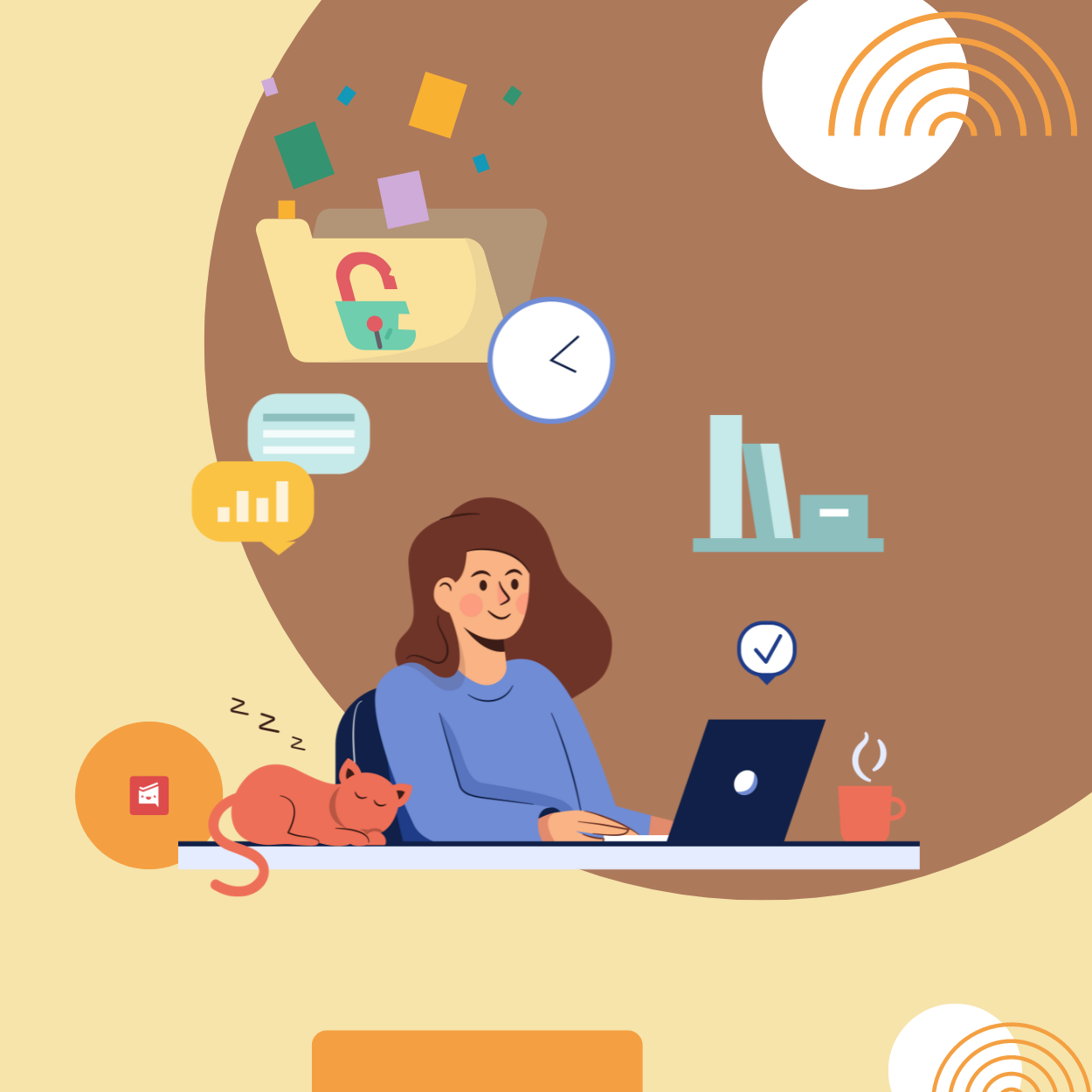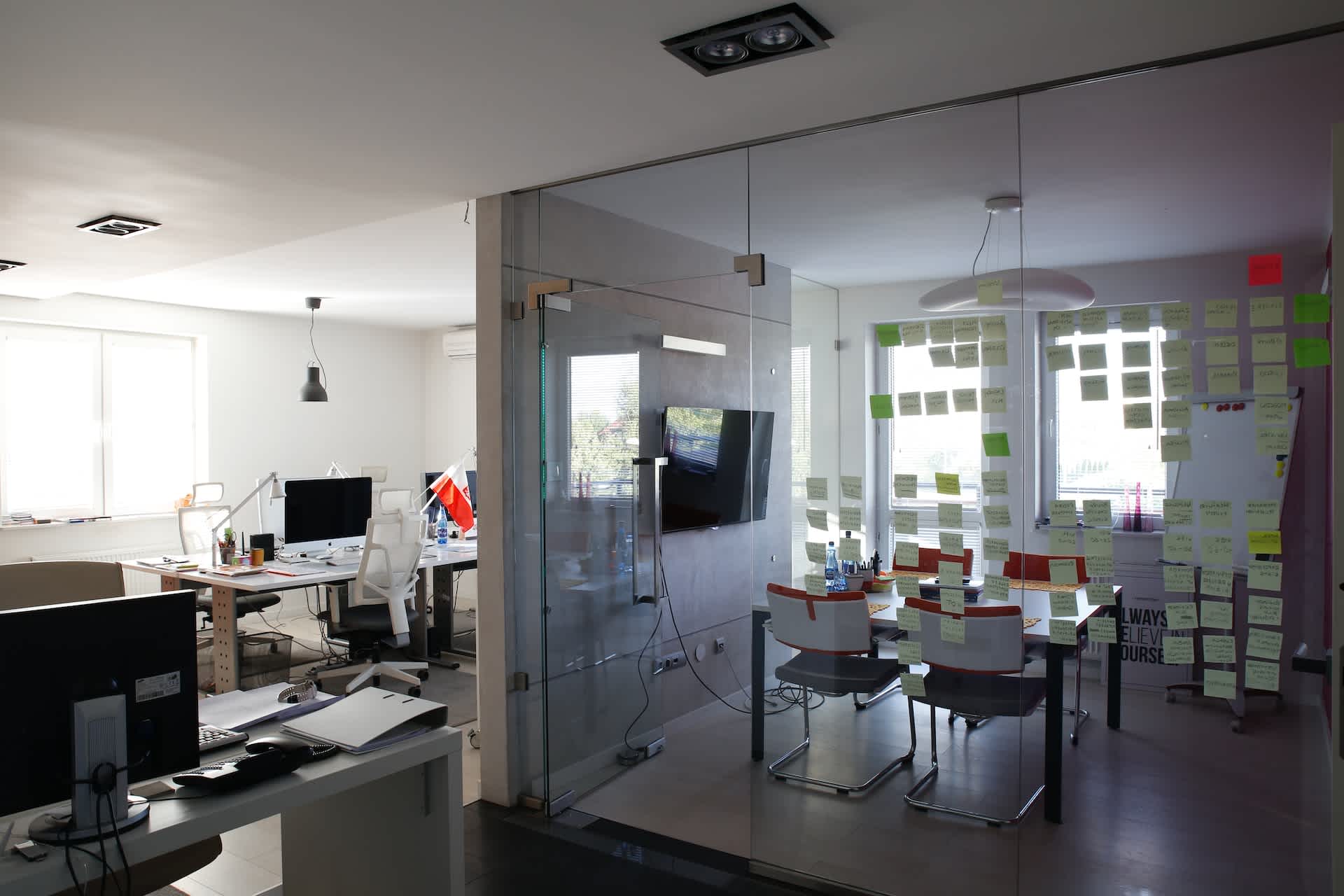How To Respect Your Workers' Privacy While At The Workplace
BySarah Harris
Sarah Harris takes care of the customer support requests at Workast. She is also an avid writer.

Sarah Harris takes care of the customer support requests at Workast. She is also an avid writer.
The right to privacy is a fundamental human right that should be respected at all times, both in our personal and professional lives. However, due to the ever-changing landscape of technology and the way we use it in our everyday lives, this is becoming increasingly difficult to do. In the workplace, in particular, there are many ways in which employers can inadvertently or intentionally violate their employees' privacy rights
Fortunately, there are several steps that employers can take to ensure they are respecting their workers' privacy while still fulfilling their obligations as an employer. So if you are looking to create a workplace that is both privacy-respecting and productive, read on for our top tips.
One of the easiest ways to respect your employees' privacy is to provide them with some form of physical barrier between themselves and their colleagues. This could be in the form of cubicles or acoustic screens, which will help to reduce noise levels and allow employees to focus on their work without feeling like they are being constantly monitored or eavesdropped on. And if you want more flexibility, using portable privacy screens can be a great way to give employees the ability to create a workspace that suits their needs. And while this may not be everyone's favorite way of working, it can be a good compromise between privacy and collaboration.
Another way to help respect your employees' privacy is to encourage them to use their own devices for work purposes. This way, they can be sure that their data and information will not be accessed or used without their consent. And if you are concerned about data security, there are many ways to ensure that only authorized employees have access to company data on their devices. The best way to do this is to have a Bring Your Device (BYOD) policy in place that sets out the rules and regulations for using personal devices for work purposes. You may also want to consider investing in a mobile device management (MDM) solution to further secure company data.
If you do need to monitor your employees' activity for business purposes, it's important to do so in a way that respects their privacy. This means using employee monitoring software responsibly and only collecting the necessary data. For example, if you are monitoring employee productivity, you should only be looking at data such as the number of tasks completed or the amount of time spent working on a project. You should not be monitoring things like what websites they are visiting or who they are emailing, as this would be a violation of their privacy. And when it comes to storing the data that is collected, you should make sure it is securely stored and only accessible by authorized personnel.
To further protect your employees' privacy, it's important to have a data security policy in place that sets out how company data will be used, stored, and protected. This policy should be made available to all employees so they are aware of their rights and responsibilities when it comes to data security. And it should be regularly reviewed and updated to ensure it is keeping pace with the latest threats and trends. If you are not sure where to start, there are many templates and resources available online that can help you create a data security policy that suits your business.
While it's important to have policies and procedures in place to protect your employees' privacy, it's also crucial to educate your employees on their rights. This way, they can be sure that they are fully aware of what they can and cannot do when it comes to their data. And if they do have any concerns, they will know who to contact and how to raise them. There are many resources available online that can help you educate your employees on their privacy rights, so take some time to familiarize yourself with them.
If you are collecting employee data for business purposes, it's important to be transparent about it. This means letting your employees know what data you are collecting, why you are collecting it, and how it will be used. And if you are using any third-party software or services to collect or store employee data, you should also let your employees know about this. Being transparent about your data collection practices will help to build trust between you and your employees and ensure that they feel comfortable sharing their data with you.
Employee privacy is an important issue that all businesses need to be aware of. And while it's important to respect your employees' privacy, it's also important to ensure that only authorized personnel have access to company data. By following the tips above, you can strike the right balance between protecting your employees' privacy and ensuring that your business has the data it needs to thrive.
